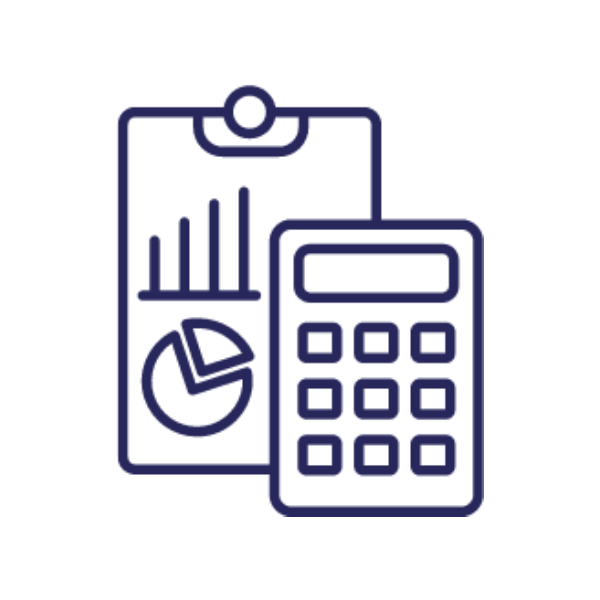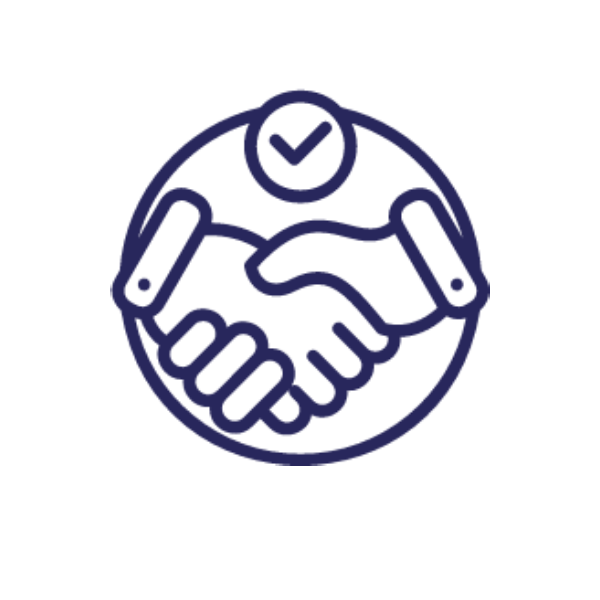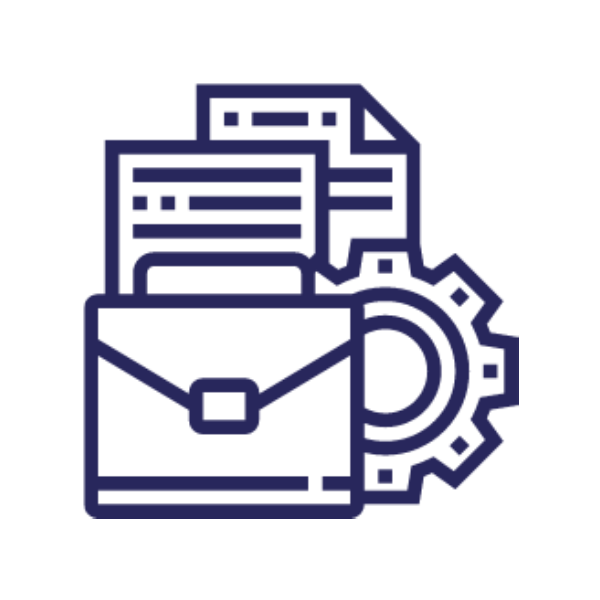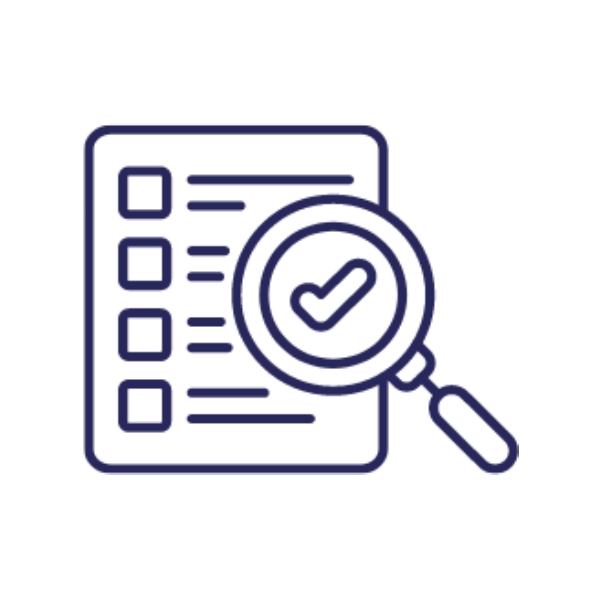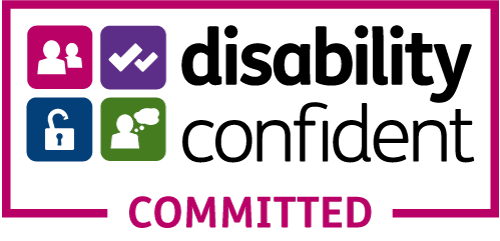FINANCE LEADERSHIP.
Strong leadership is at the core of any successful finance function. We specialise in placing Finance Leaders who can set the strategic direction, drive financial performance, and lead teams to achieve organisational goals. Whether you’re seeking a CFO, finance director, or head of finance, we have the expertise to connect you with candidates who will lead your finance function with vision and authority.
Let us help you secure the financial leadership your organisation needs to thrive. We have a proven track record of placing leaders who bring a blend of strategic insight and operational excellence to the role, ensuring your financial strategies align with your broader business objectives.

find your next role.
fINANCE VERTICALS.
Our talent acquisition experts are experienced in a range of Finance verticals, click on the vertical to learn more.
Meet The Team.
Media hub.



